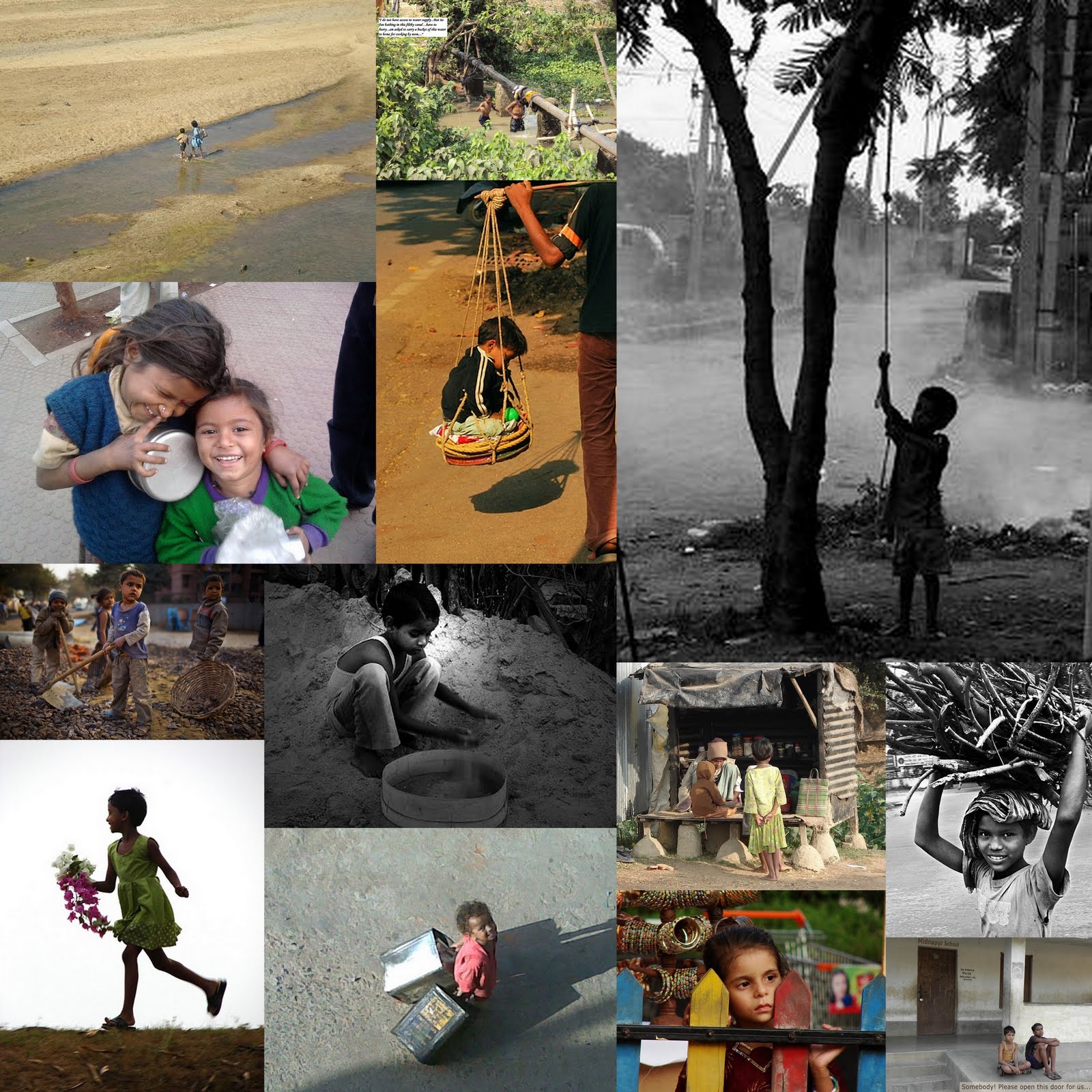 The knell is ringing-Tea is an inherent part of our lives. 81% of the total production of tea in the country is consumed in India. While we sip our tea - at home, in office, at tea-bars and roadside dhabas, flavored or regular - those who are producing it are dying out of neglect and marginalization. Shocking when the total turnover of the tea industry is approx Rs.8000 crores.Rights violation in the Tea Gardens:
The knell is ringing-Tea is an inherent part of our lives. 81% of the total production of tea in the country is consumed in India. While we sip our tea - at home, in office, at tea-bars and roadside dhabas, flavored or regular - those who are producing it are dying out of neglect and marginalization. Shocking when the total turnover of the tea industry is approx Rs.8000 crores.Rights violation in the Tea Gardens:Fall in economic indices of tea engendered a growing apathy among plantation owners towards thousands of labourers. Denial of basic rights and exponential increase in child labour and trafficking. Mandate of justice and law being clearly flouted.
What has been done:
- A legal advocacy group and IIM group made field visit to a tea garden area in Jalpaiguri as a fact finding mission.
- The legal advocacy group stayed with the workers’ family in the gardens.
- Two articles (one published in Times of India) written by volunteers.
- Posters and bookmarks designed by volunteers.
- Volunteers performed a street play which was written and directed by a volunteer.
- 15 law students were a part of this group. They made a critical view of the violation of rights (particularly on the context of minimum wage legislation by the employers).
- Volunteers collectively shaped the campaign and led from the front. Coordinated and finalized campaign strategies.
Objectives of this campaign:
Raising ‘public’ awareness and discussion on the Human Rights situation in North Bengal 
(Picture courtesy: JUPC)
.jpg)



